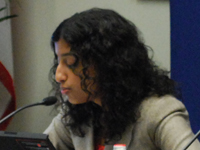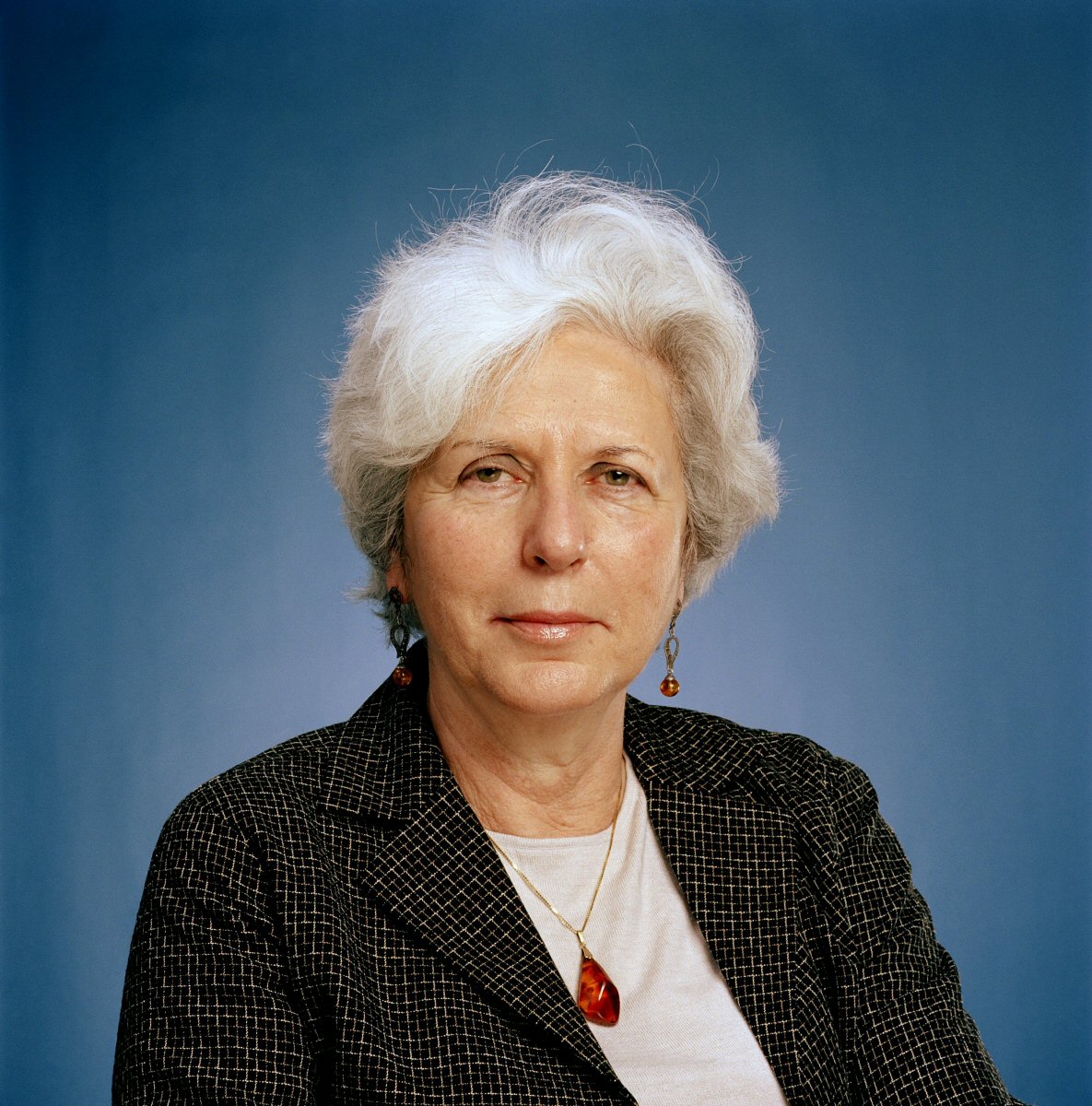{
"authors": [
"Dipali Mukhopadhyay",
"Gilles Dorronsoro",
"Marvin Weinbaum",
"Marina Ottaway"
],
"type": "event",
"centerAffiliationAll": "dc",
"centers": [
"Carnegie Endowment for International Peace"
],
"collections": [],
"englishNewsletterAll": "",
"nonEnglishNewsletterAll": "",
"primaryCenter": "Carnegie Endowment for International Peace",
"programAffiliation": "SAP",
"programs": [
"South Asia"
],
"projects": [],
"regions": [
"South Asia",
"Afghanistan"
],
"topics": [
"Political Reform",
"Democracy",
"Security",
"Military",
"Foreign Policy"
]
}
Warlords as Bureaucrats: The Afghan Experience
Tue, September 22nd, 2009
Washington, D.C.
IMGXYZ1319IMGZYXAs the security situation in Afghanistan continues to deteriorate, the emergence of a strong, modern, and effective central Afghan government grows increasingly unlikely in the short-term. Accommodating Afghanistan’s informal governance structures, such as tribal councils and personal networks, may be the international community's most viable option for creating enough security to allow for sorely needed economic development.
On the basis of extensive in-country research and interviews, Dipali Mukhopadhyay, a PhD candidate at the Fletcher School at Tufts University, argues that warlords like Atta Mohammed Noor and Gul Agha Sherzai, who control the northern province of Balkh and the eastern province of Nangarhar respectively, have proven able governors by providing security and economic development for their regions. Although the international community should continue to encourage building the capacity of Afghanistan’s central government, in the short-term it should acknowledge the productive capacity of "hybrid" governance systems which rely on both legal institutions and informal methods of governance.
Key Points
- State-building is an inherently difficult, long-term, and complex process; the conditions in Afghanistan make state-building particularly challenging.
- Unrealistic expectations concerning democracy’s ability to tackle extremism may create disappointment and disillusionment on the part of ordinary Afghans and Western citizens alike, as perfection becomes the enemy of “good enough.”
- Successful warlord governors have proven effective at combating narcotics and terrorism through the use of informal tribal and patronage networks.
- A greater reliance upon local warlord governors could improve conditions in other parts of Afghanistan. In his response to the paper, however, Carnegie’s Gilles Dorronsoro suggested that it may be difficult to export the "warlord as bureaucrat" model because the two successful examples come from larger, northern cities that have long enjoyed greater security and economic prosperity than other regions in Afghanistan.
Carnegie does not take institutional positions on public policy issues; the views represented herein are those of the author(s) and do not necessarily reflect the views of Carnegie, its staff, or its trustees.
Event Speakers
Dipali Mukhopadhyay
Dorronsoro’s research focuses on security and political development in Afghanistan. He was a professor of political science at the Sorbonne in Paris and the Institute of Political Studies of Rennes.
Marvin Weinbaum
Before joining the Endowment, Ottaway carried out research in Africa and in the Middle East for many years and taught at the University of Addis Ababa, the University of Zambia, the American University in Cairo, and the University of the Witwatersrand in South Africa.

